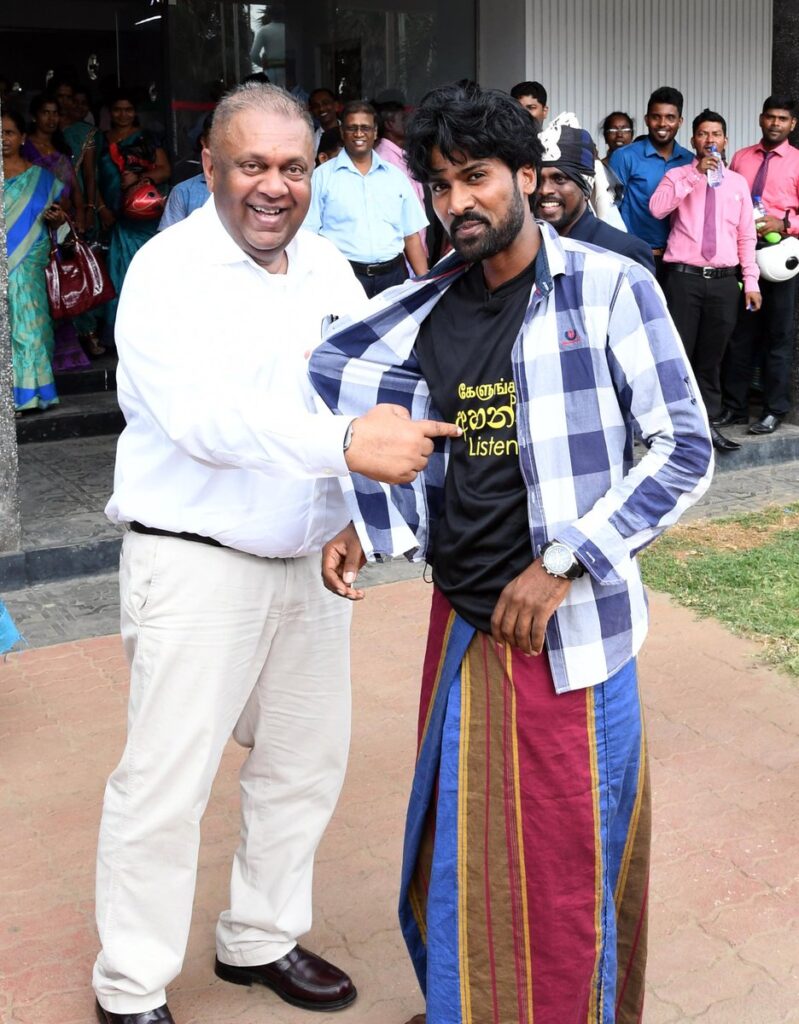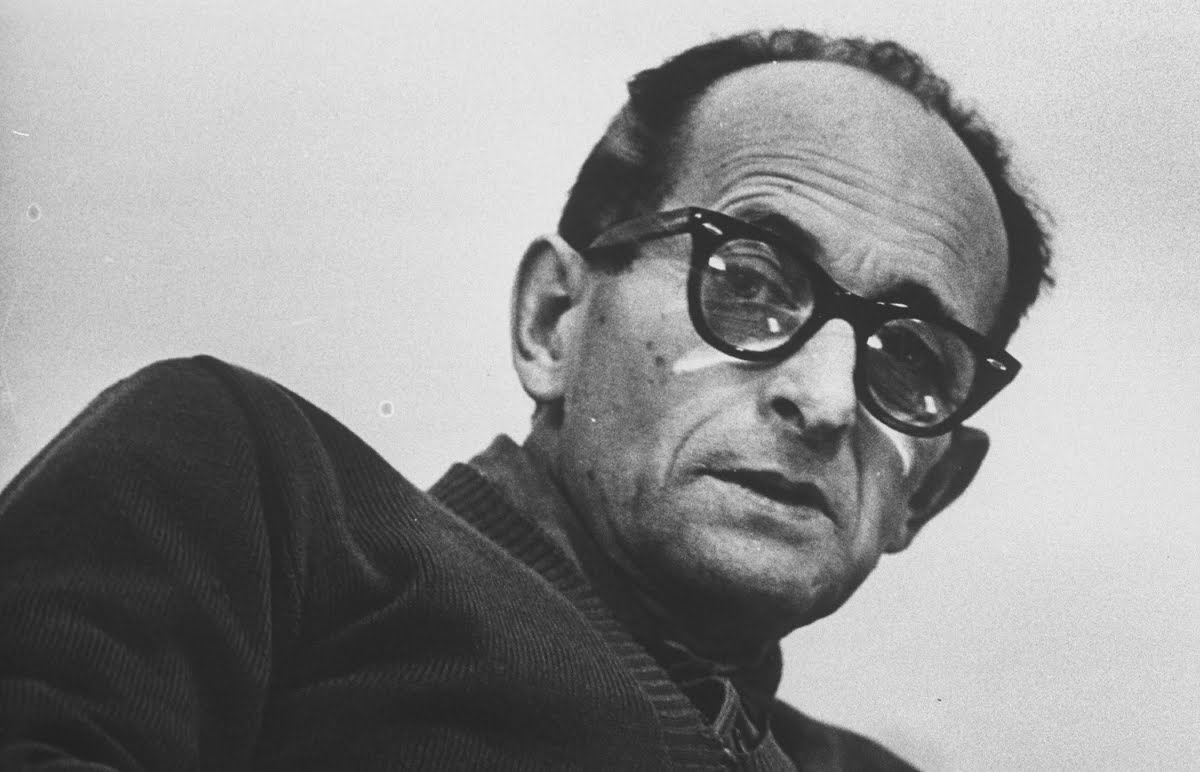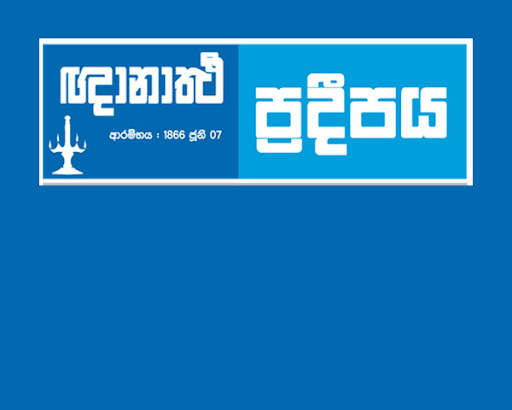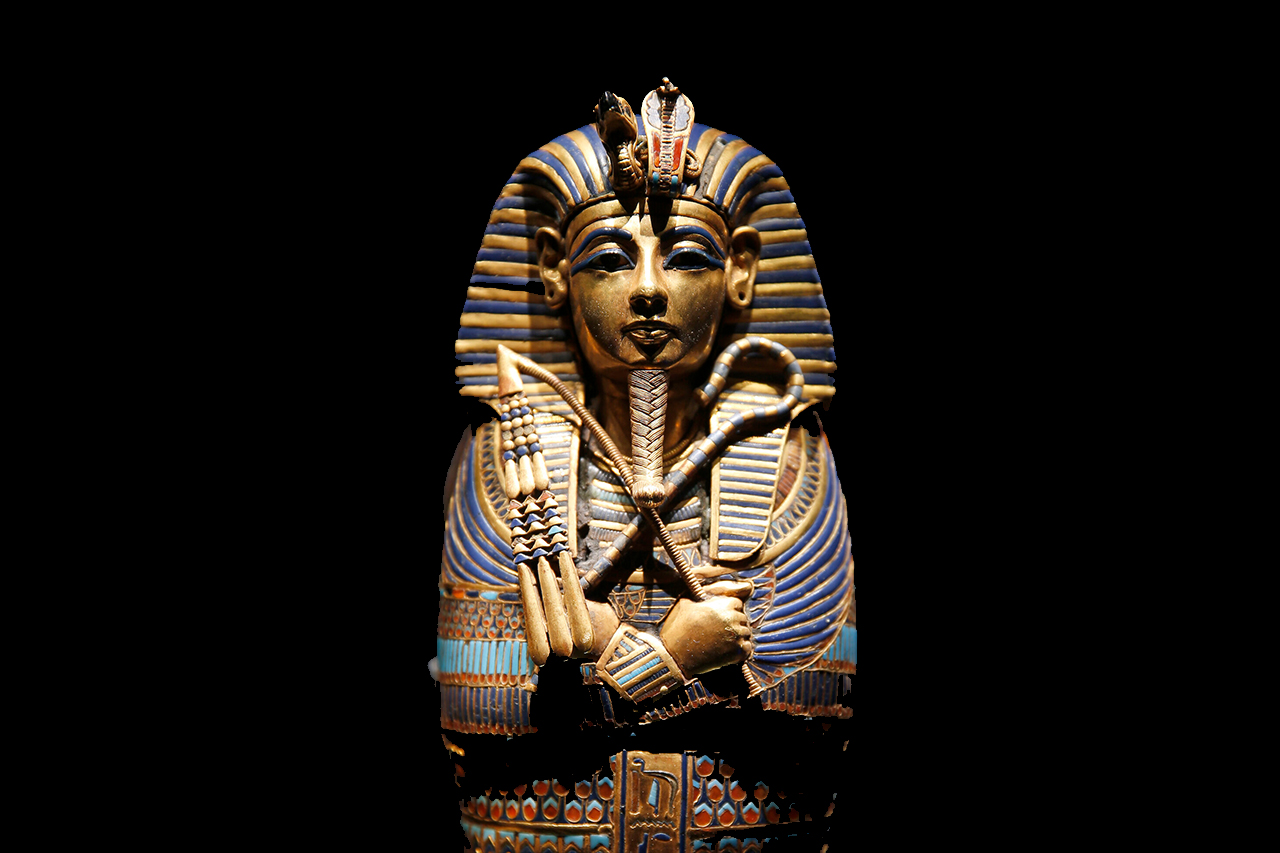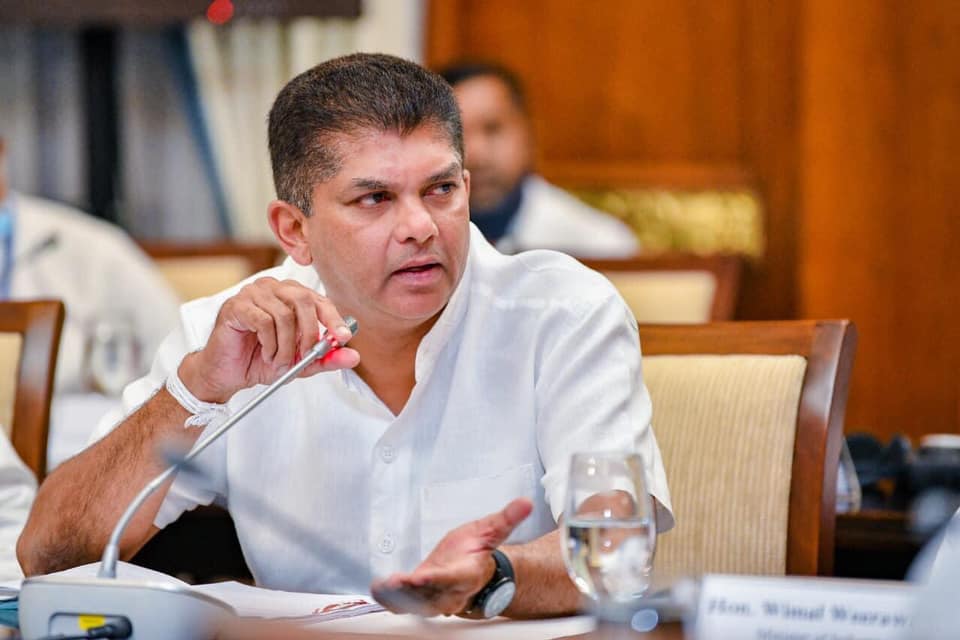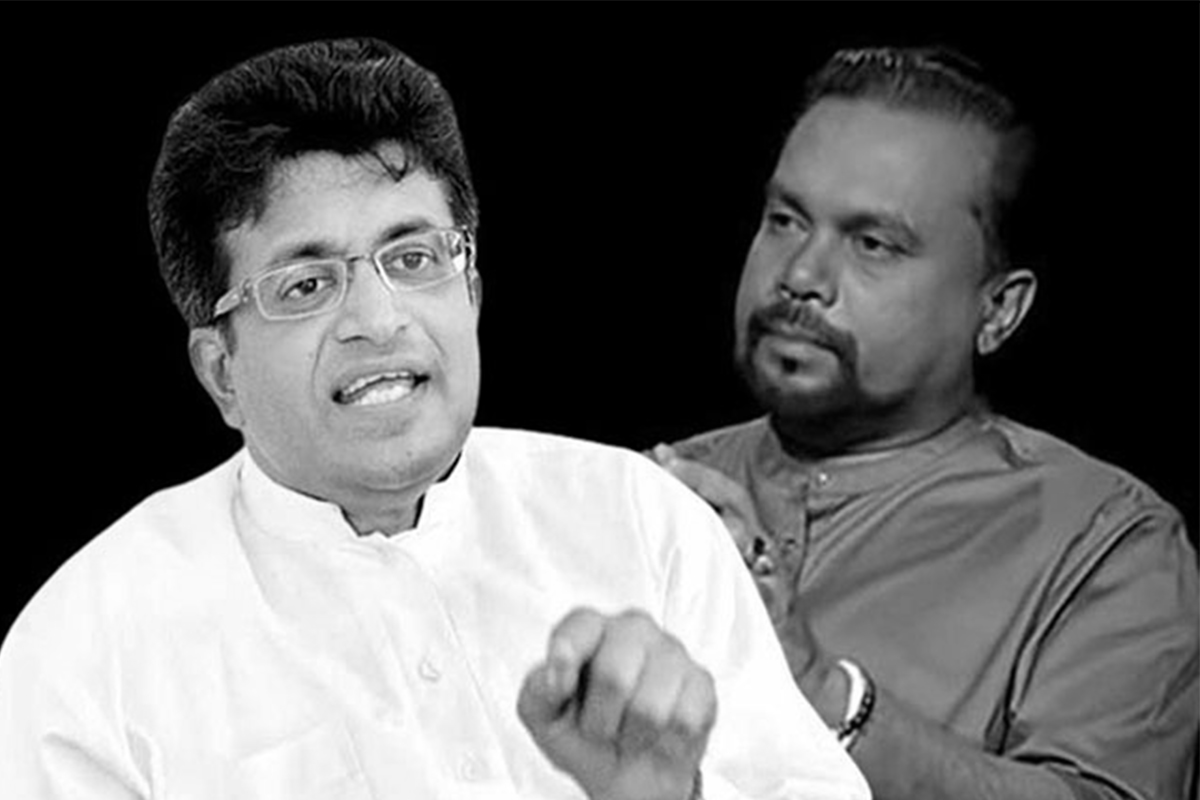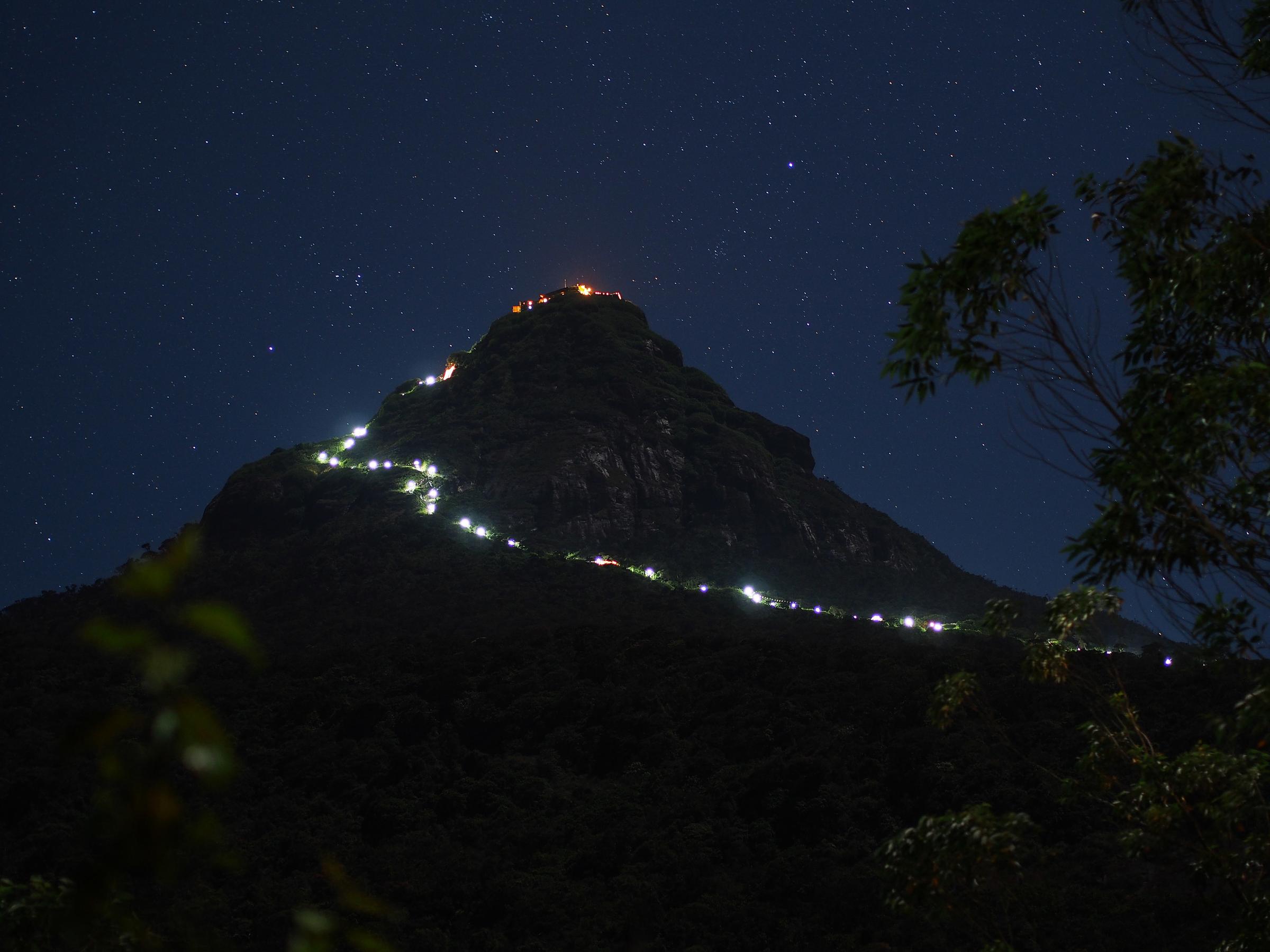The Statesman We Lost
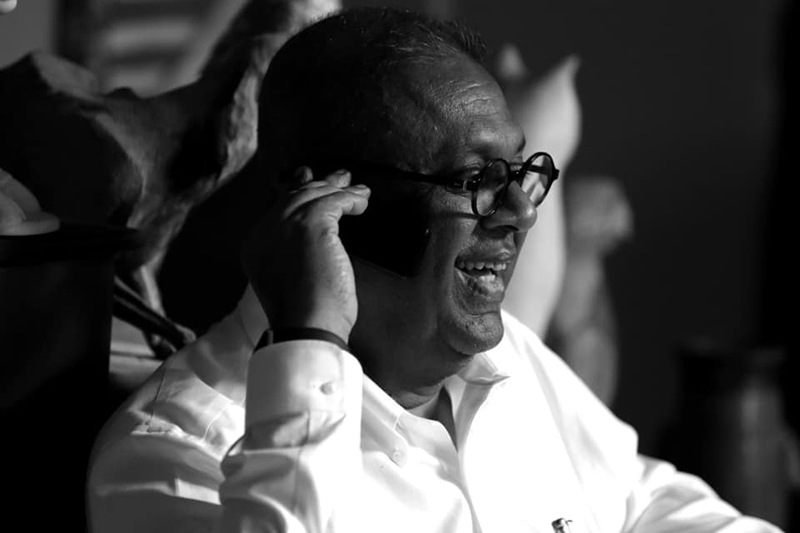
Today, the coastal city of Matara in Deep South is a modern metropolitan and the de facto commercial hub of the Southern Sri Lanka. It is a fine blend of history and modernity in tandem with the famous, Matara Star Fort standing in grandeur, in the city center, amidst state-of the-art edifices. The colonial buildings in between new structures, of course, adds color to its unique beauty and serenity.
Interestingly, this resplendent city is synonymous with a resolute name etched in the minds of people. Mahanama Bridge over Nilwala River erected in memory of late Mahanama Samaraweera is a living monument to this great heritage and speaks volumes of this bloodline. Matara is literally the citadel of Samaraweeras’ who carved a permanent niche in its contemporary history.
No doubt that Matara is home to a great number of robust politicians who have dabbled and nurtured national politics since independence. The name, Samaraweera is an exception by any yardstick. Today, the people of this city are deeply saddened by the sudden loss of yet another great in this legacy; Mangala Samaraweera who fell victim to the complications, having contracted Covid-19, the pandemic raging ferociously in Sri Lanka at present.
Managala was not a traditional politician who threaded the beaten path. He was unequivocally different. He called spade a spade. He was forthright in articulating his beliefs and ideology in any forum. He championed the cause for a just and equal society devoid of race, creed, caste or religion. Divisive politics was never on his agenda. He was unscrupulously bold, fearless and courageous in steering his mission of clean politics to the end. He was not deterred by brickbats, being hurled at him in his journey of politics.
His public life was characterized by a steadfast norm which most of our politicians do not possess, or are not endowed with, at all. He spoke truth, nothing but the truth and absolute truth at all times. He once declared that Sri Lanka is not a Buddhist Country to chagrin of many people. He expounded that all people should be made to enjoy first class citizen status irrespective of the race or religion. In uttering these words.
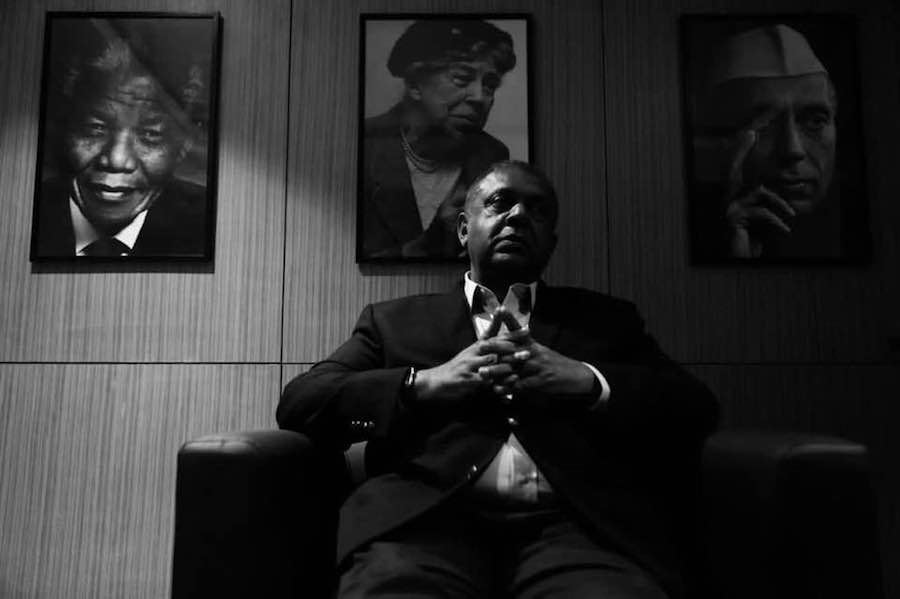
Born into a family of affluent and power, his father, late Mahanama Samaraweera was a cabinet minister of late premier Sirimavo Bandaranaike government and his mother, Khema Samaraweera was active in local politics too. Mangala had his secondary education at Royal College, Colombo before moving on to pursue higher studies at Walthamforest College, London. Being a non-conformist, he drifted away from the traditional school of thought, deep rooted in his motherland, when it came to chosing his future career and in a surprise move, he opted to read for a degree in clothing design and technology at St Martin’s School of Art of London.
Having embarked on a design career, he worked on numerous assignments as a designer and a consultant model during UNP government under Ministry of Textiles from 1977 to 1983. Politics would have been in his blood as suddenly, by a twist of fate, he entered active politics in 1983. Having successfully contested the general elections, he became a member of parliament in 1989 and was appointed Minister of Posts and Telecommunication subsequently, when Chandrika Bandaranaike Kumaratunge came into power in 1994, ending 17 years of UNP regime.
He had a chequered political career from the very outset, and was at the center of controversies but never gave up his own inimitable style of politics. In his political career spanning over 38 years, the government leaders always had trust in him, and they were always impressed by his multi-faceted capabilities and enormous capacities. Therefore, whatever the government, he served, he held most powerful ministerial positions, ranging from urban development, aviation, posts and telecommunication, media, sports, foreign affairs and finance.
Managala Samaraweera too had his ups and downs in his political journey. In 2007, he was sacked form the ministerial position he held under President Mahinda Rajapakse government, along with late Anura Banadaranaike. He was not moved by this act and didn’t take it as a setback either which would certainly speak volumes of his ‘never say die’ attitude and the colossus character. Then, he went on to form his own political party; Sri Lanka Freedom Party (Mahajana) faction in the immediate aftermath. The party was eventually merged with UNP in 2010. He campaigned tirelessly to bring the good governance government (Yahapalana regime) in 2015.
Unfortunately, it was to be the last phase of his political journey. He held two pivotal ministerial posts; Minister of Foreign Affairs and Minister of Finance from 2015-2017 and 2017-2019 respectively. He resigned the latter post just before the Presidential election results were announced in 2019. He further declared that he would not run for another term at the general elections held in 2020 and thus resigned to his homestead with dignity. However, he came forward to voice on certain issues affecting the country, intermittently though he was in a respite from politics. Particularly, he was critical of the present regime for mismanaging the economy of the country leading to insolvency.
After his demise, a plethora of condolence messages poured in, from local and foreign dignitaries. In a strange development, some local politicians became sudden admirers of Mangala Samaraweera although they decried his stances so bitterly when he was living. It was ironic that they admired him for the same norms what they condemned. He was showered praises posthumously for standing firm for peace, reconciliation and liberal democratic policies. He was eventually identified as a true proponent of communal harmony and equality among all races. His relentless contribution to his motherland was also recaptured by many. In fact, he was a game changer in local politics.
It is also noteworthy that he advocated for LGBT (lesbian, gay, bi-sexual and transgender) rights quite openly, declaring himself as a gay to amusement of people who still see it as a social disgrace, being unable to comprehend the global acceptance. He did munch his words on such taboo subjects with scant regard for possible repercussion that would follow. He even attended unofficial gay forums held in Sri Lanka of which the news surfaced much later. In the same ferocity, he asserted that he was a true Buddhist while lambasting Buddhist monks who tow the line of politics. By far, he was indeed the blacksheep in local politics and as one unkown author penned ‘The black sheep is sometimes the only one telling the truth’ would fittingly endorse his inimitable character. May you attain supreme bliss of Niravana, Managala Samaraweera, blacksheep and the great.
